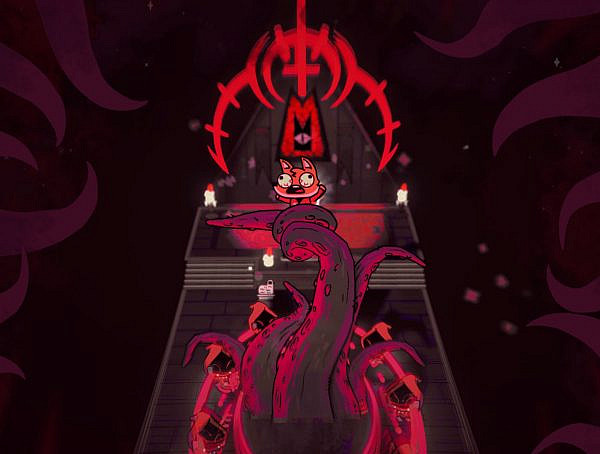“Hard to define” is something that I struggle with a bit when I am explaining a video game to my friends. I mean, I don´t like to reduce my whole experience to a single word as a genre. I love Mario games but calling them platformers feels so poor. Take Mario Odyssey for instance, I can say it is a 3D platformer action-adventure game. I can use the same exact words to describe Psychonauts, even though they are incredibly different, aren´t they?
Another example could be Minecraft. Survival-craft? I normally play Minecraft in the creative option, or with the peaceful settings where no mob and no hunger block my progress. Where is the survival part on that? Admittedly, survival is one way to play Minecraft, but it has become much more than just a survival game.
New genres have emerged in the past few years for certain types of games. You may have heard of roguelikes, roguelites, or even soulslikes. Especially the latter, it pains me when someone tells me a game is “soulslike”. It makes the games go under the shadow of the “souls” game series. A lot of them do so, but few don´t and they have a lot to contribute on their own, yet we reduce it to the shadow of being a “souls games”. And doing so, when I start playing a soulslike game, it comes with a lot of luggage, heavy luggage! This sets my expectations to an unreachable place most of the time. And is “soulsborne” somehow fundamentally different from soulslikes? Does “Bloodborne” have to leave its own special shadow in addition to Dark Souls?
To reiterate, I could go on and on, talking about “indie” as a genre, theorizing how would be if we did the same with sports, talk about how “boardgames” do a little better job when describing core mechanics…. But thankfully, there also exists research on the matter.
Simonson’s, Keebler’s, and Doherty’s (link at the end) delve into the inadequacies of current video game genre labeling systems. In the past, we had games with much simpler mechanics, which made it easier to label them. Now, we have quite complex games, and we still use the same labels as around 30 years ago. They were not the first to research that, but they were one of the few that used quantitative methods to get their point across, meaning that those guys did some matemagic to tell us that there is something odd in the current system. By the end of the research, they could measure, to some extent, the accuracy of the genre classification system.
In the research they analyzed data from Steam, using developers’ labels and user-generated labels. The first is to test the hypothesis regarding the effectiveness of the current system. The latter is to make a point that while users tend to use their experience as the label system, they get more accurate than the developers. Why are the developers so wrong with their labeling? One could argue that it’s marketing that adds more visibility – falsely labeling a game as indie would help indie fans find it, even if the game was developed by a 300–person team.
Behind a complex formula in my eyes, the idea behind their analysis was simple. They would cluster games and if two games were clustered together that means they would be similar. What do you think the results are?
For the developer-generated labels, the cluster of games quite doesn´t hit the spot. There are not many similarities between some of the games, for instance, The Crew 2, a driving or racing game, is clustered with Final Fantasy XI, which is more aptly labeled as a fantasy role-playing game. On the other hand, the user-generated labels received better results, even though they still faced challenges with the amount of data they had.
So, should we start a revolution and burn genres? Nah… genre labels are relevant to inform some features and aid in decision-making. It is easier to explain sometimes with labels, giving a common ground.
Why is this relevant then? I mean, it makes me think about communicating experiences, and that is very unlikely to be done with one word. Next time someone asks me what Mario Wonder is about, I’m gonna answer that it is about revisiting my childhood memories while in much better control of my timing and precision.
Original article: The Need for Recategorized Video Game Labels: A Quantitative Approach
Link: https://gamestudies.org/2301/articles/simonson_keebler_doherty
You might also like
More from Game Research Highlights
How do you want to do this? – A look into the therapeutic uses of role-playing games
Can playing RPGs contribute positively to your wellbeing? A recent study aims to find out how RPGs are being used …
Are Souls Games the Contemporary Myths?
Dom Ford’s Approaching FromSoftware’s Souls Games as Myth reveals the Souls series as a modern mythology where gods fall, desires …
Of claws and cuddles: Exploring Dark Cozy Games
Cute, wholesome, safe....dark, heavy, violent? Let's talk about dark cozy games!















